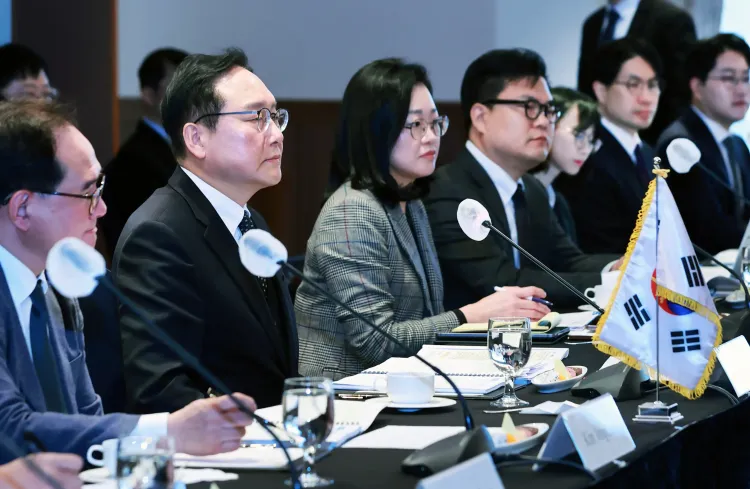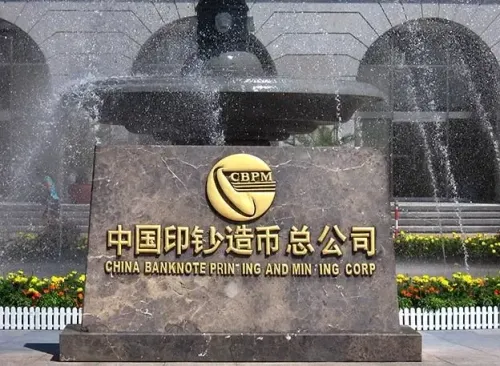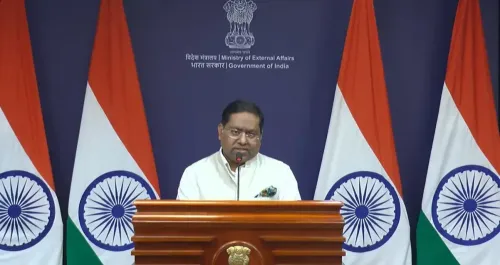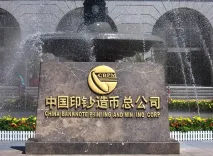South Korea Commits to Seamless Readiness for US Policy Changes Despite Political Challenges

Sejong, Dec 10 (NationPress) South Korea's trade ministry stated on Tuesday that it will cooperate closely with pertinent government agencies and local enterprises to prevent any disruptions in gearing up for the inauguration of the new US administration amidst persistent domestic political challenges.
Trade Minister Cheong In-kyo engaged in discussions regarding these strategies with trade and international relations specialists in Seoul, shortly after President Yoon Suk Yeol declared martial law, which was rescinded just six hours later following a National Assembly vote to terminate it, as reported by Yonhap news agency.
During the conference, attendees evaluated Seoul's readiness for the incoming Donald Trump administration, which has signaled potential alterations in Washington's trade strategies, including the implementation of sweeping tariffs of at least 10 percent on all imported commodities.
"The government is formulating countermeasures for critical issues while closely observing the new US government's cabinet appointments and policy trajectories," Cheong stated.
"The advanced industries and supply chains of both nations are intricately linked through South Korea's substantial investments. Building on this foundation, we aim to uphold the mutually advantageous cooperative relationship and mitigate adverse effects on our businesses," he continued.
The ministry also pledged to sustain collaboration with other governmental entities to ensure that uncertainties arising from the domestic political landscape do not impede these preparations.
Experts at the gathering noted that the second Trump administration is anticipated to introduce notable changes compared to the initial term, urging the government to engage in comprehensive preparations.
Professor Lee Seung-joo from Chung-Ang University recommended that the government adopt a "transactional approach" leveraging its networks in Washington to effectively navigate potential shifts in US trade policies.









